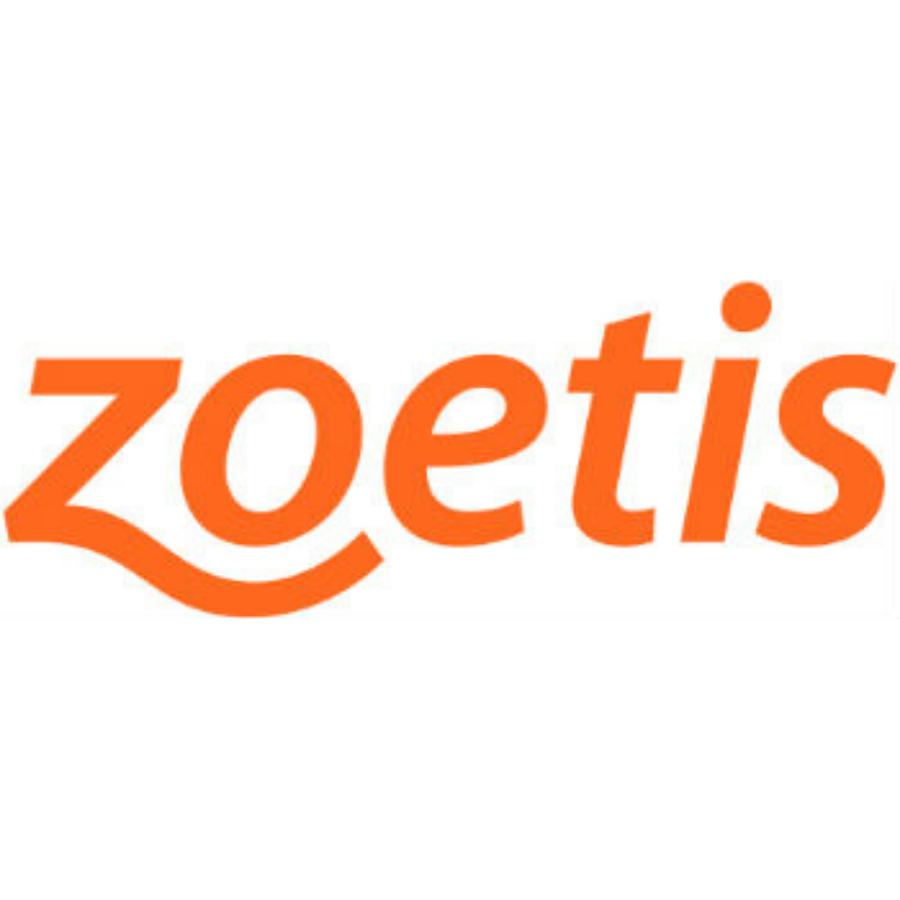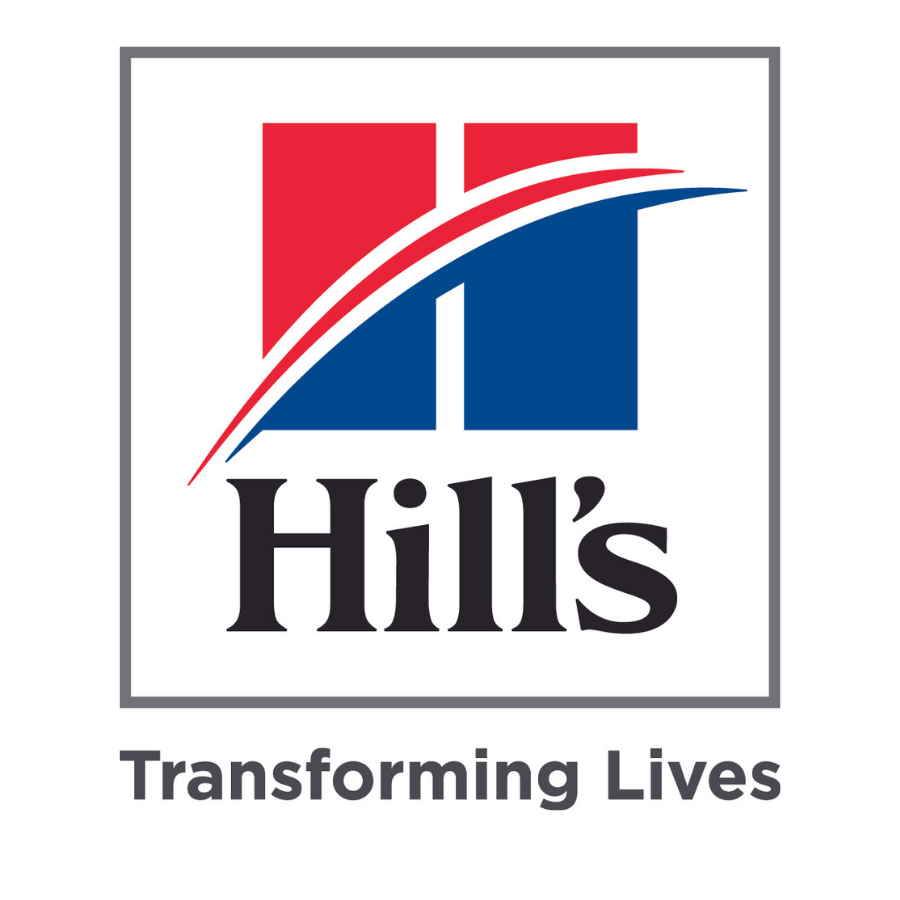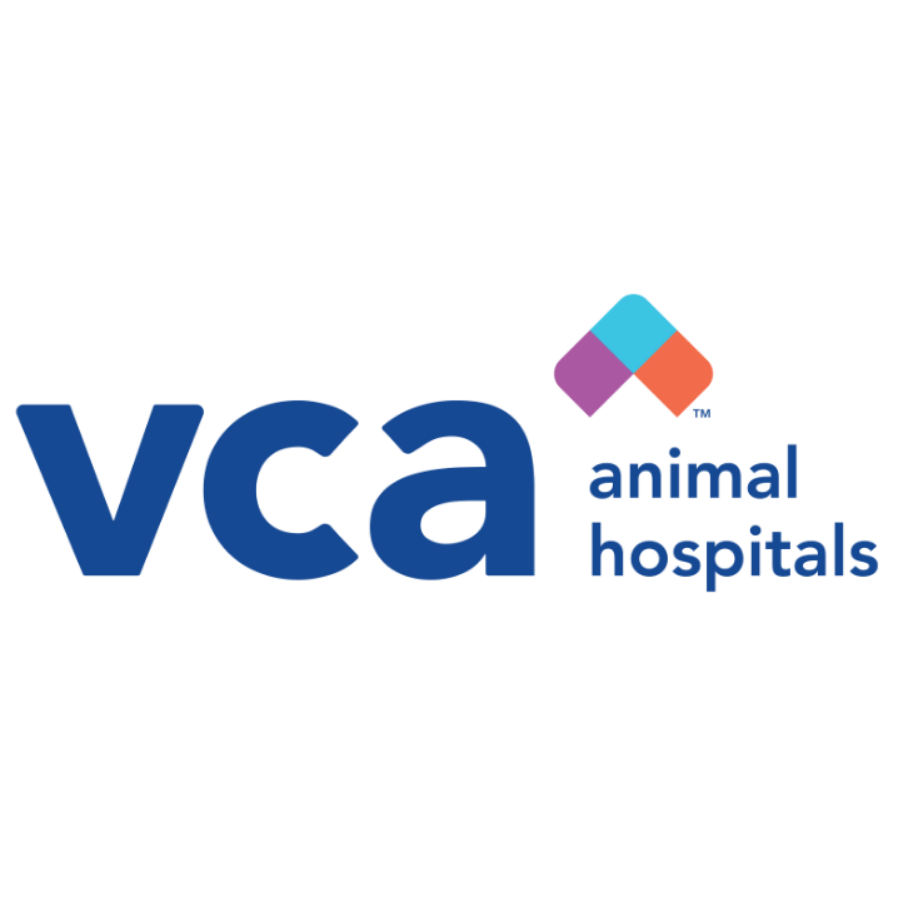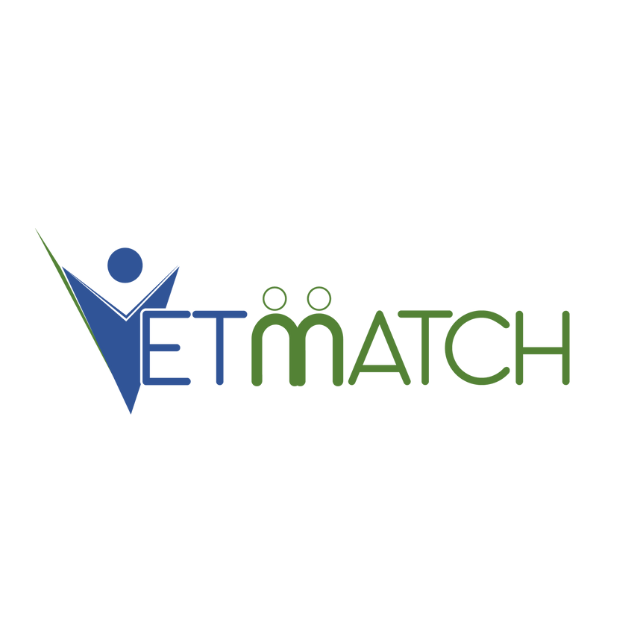- About
- Membership
- Get Involved
- Resources
- Events
- Credentialing
HB24-1047: Veterinary Technician Scope of PracticeCACVT worked tirelessly to expand the scope of practice for veterinary technicians and veterinary technician specialists throughout the legislative session, resulting in the passage of the Veterinary Technician Scope of Practice. The new law allows veterinarians to safely and effectively delegate any veterinary medicine task, to increase access to care, alleviate the burden on veterinarians, and improve career satisfaction for veterinary technicians. Rather than restricting tasks to certain individuals, the Vet Tech Scope of Practice breaks down the supervision levels required based on licensing level to ensure the safety of animals. Colorado's State Board of Veterinary Medicine must promulgate Rules based on the Vet Tech Scope of Practice bill by September 2025. To prepare for the expansion of scope, here's all the information you need to know!
Delegation and utilization looks different for every practice, veterinarian, and technician. In fact, underutilization is one of the top reasons RVTs leave not only a job, but the profession! AAHA has made available the 2023 Technician Utilization Guidelines as an open access program to help implement optimal utilization. AAHA created these guidelines as "optimal utilization of credentialed veterinary technicians can benefit the entire veterinary team by supporting professional longevity, mutual trust and collaboration, improved patient care, and financial sustainability." Did you know? Proper delegation is so important that HB24-1047 also requires veterinarians to complete 2 hours of CE every licensing cycle on delegating and supervising RVTs, VTSs, and other personnel.
|
||||






